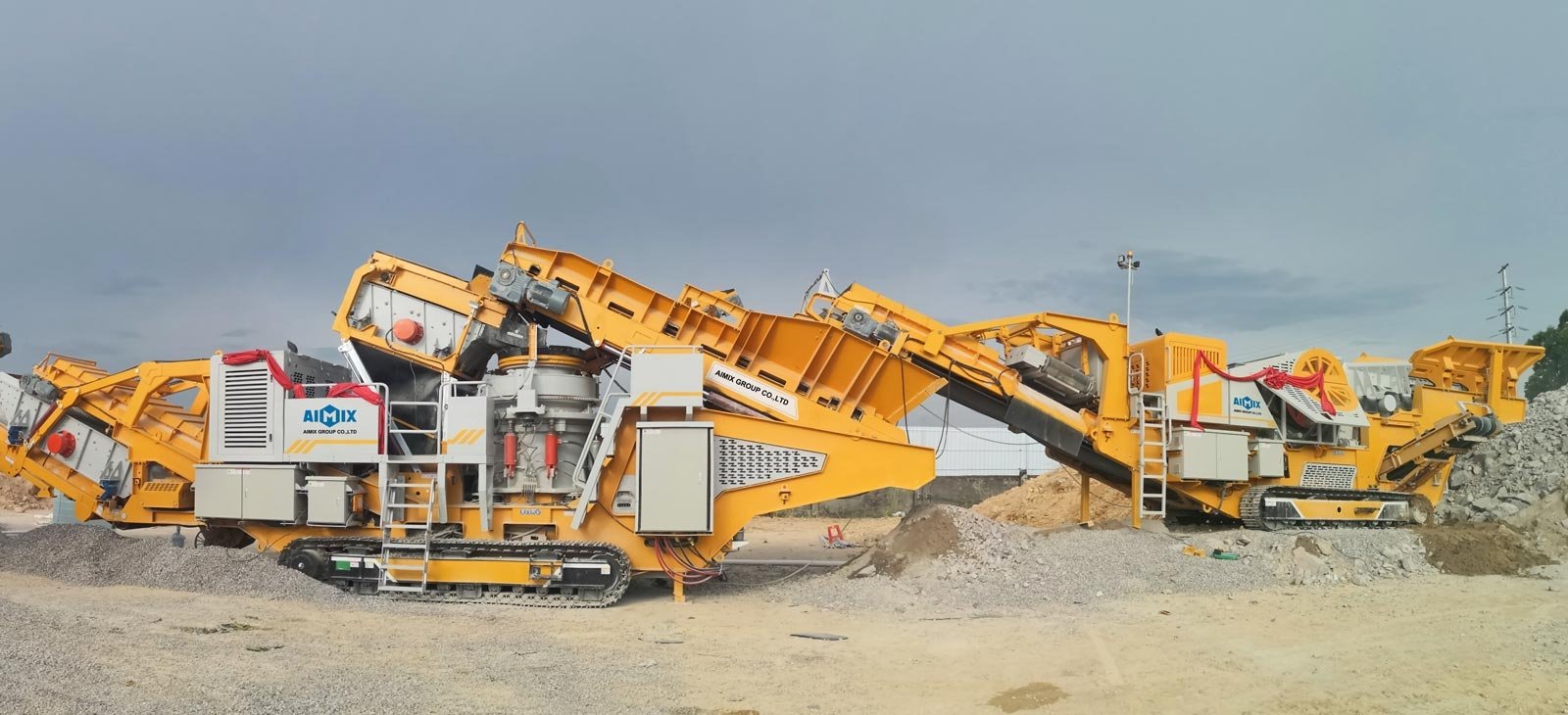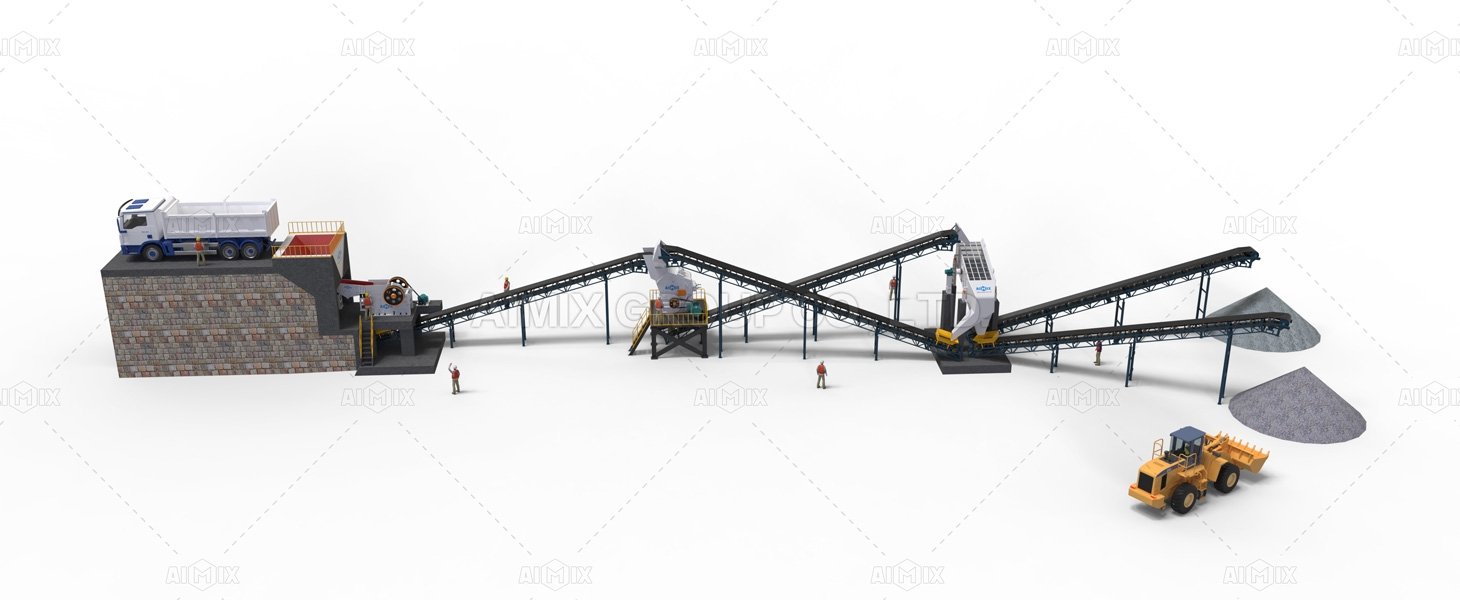Limestone, renowned for its versatility and widespread applications in construction, agriculture, and industry, necessitates efficient crushing processes. Selecting the right crusher plant tailored for limestone plays a pivotal role in optimizing operations and achieving desired outcomes.
Understanding Limestone
Composition and Characteristics
Limestone, primarily composed of calcium carbonate, boasts durability and malleability. Its unique composition makes it valuable in various industries, from creating concrete to agricultural supplements.
Importance of Efficient Crushing
Efficient crushing in limestone processing ensures uniform particle sizes and optimal extraction, directly impacting product quality and operational effectiveness. It streamlines production, reducing energy consumption and operational costs while maximizing output.
Proper crushing enhances the material's usability across industries like construction, agriculture, and manufacturing. Moreover, efficient crushing minimizes waste, enabling resource conservation and sustainable practices, vital for long-term environmental stewardship.
Key Considerations in Crusher Plant Selection
Crushing Capacity
Determining the required production capacity based on the volume of limestone to be processed is fundamental. Selecting a crusher plant with sufficient throughput aligns with operational needs.
Crushing Methods
Different crusher types—such as jaw crushers, impact crushers, or cone crushers—offer distinct advantages. Understanding the operational and output differences between these aids in making an informed decision.
Durability and Maintenance
Opting for a crusher plant with robust build quality and minimal maintenance requirements reduces downtime and maintenance costs, ensuring uninterrupted operations.
Factors Impacting Crusher Plant Selection
Limestone Hardness
Limestone hardness refers to the resistance of limestone to external forces like pressure or abrasion. It varies across different types, impacting how easily it can be crushed or shaped. Harder limestone varieties require more robust crushing equipment capable of withstanding higher pressures, while softer types might need less force for processing.
Understanding the hardness of limestone is crucial in selecting the appropriate machinery for efficient crushing and processing operations.
Particle Size Requirements
Determining the desired output sizes of crushed limestone guides the selection of crushers and screens within the limestone crusher plant setup.
Environmental Considerations
Adhering to environmental standards involves selecting crusher plants with efficient dust suppression systems and low emission rates to mitigate environmental impacts.
Choosing the Ideal Crusher Plant
Comprehensive Evaluation
Evaluate available crusher plant options against the specific requirements of limestone processing. Factors such as cost, efficiency, and compatibility with existing infrastructure should all be weighed.
Consulting Experts
Engaging with industry experts or equipment suppliers can provide valuable insights and recommendations for the most suitable crusher plant.
Trial and Testing
Conducting trials or pilot runs with different crusher plants on-site allows for firsthand evaluation before making a final selection.
In conclusion, the importance of selecting the right crusher plant for limestone crushing cannot be overstated. From understanding limestone properties to considering operational requirements and environmental impacts, a comprehensive approach ensures optimal results. By focusing on key considerations and consulting experts, the journey to finding the perfect crusher plant becomes more manageable, ultimately leading to enhanced efficiency and productivity in limestone crushing operations.

